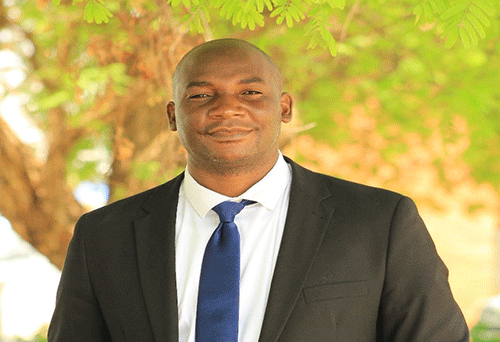Dr Kennedy Kaumba Mabuku
In the dynamic kingdom of leadership, where the fate of organisations hinges on the decisions of those at the helm, the complex dance between personal aspirations and organisational objectives forms the very fabric of success or downfall.
While leadership entails various functions, today, the write-up focuses on balancing personal interests with those of organisations.
There are instances where decisions made by leaders are based on personal interests rather than those of the organisation.
I must acknowledge that by nature, as humans, our preferences in life are inevitable and influenced by experiences, associations and education.
My experience also attests to the fact that leaders may allow their interests to influence decisions for several reasons.
Firstly, there might be a sense of entitlement or self-importance among certain leaders, leading them to prioritise their own needs and desires over those of the organisation.
Additionally, I cannot exclude the possibility that leaders may succumb to the pressures of ego or vanity, seeking recognition, power or financial gain for personal gratification.
Moreover, leaders may feel insecure about their position or competence, leading them to make decisions that bolster their standing or authority within the organisation.
Notably, in some cases, leader decisions are influenced by external factors such as personal relationships or affiliations, where they will prioritise the interests of friends, family or associates over those of the organisation.
It is important to bear in mind the possible lack of awareness or understanding of the long-term consequences of their actions, focusing solely on short-term gains or immediate benefits for themselves to promote the preceding undertakings.
To some extent, policies are amended for personal gain.
However, when decisions are driven solely by personal interests, the organisation suffers neglect.
Decisions taken based on personal interests often benefit individuals more than institutions, possibly explaining why some firms outperform others.
It has been conclusively shown that poor leadership decisions can significantly impact firms, potentially leading to their closure and causing them to become unproductive and poorly performing organisations.
For instance, if promotions and opportunities for advancement are based on personal connections rather than merit, talented employees may feel undervalued and disengaged.
This loss of morale can translate into decreased productivity, poor performance across all levels of the organisation or even increased resignations.
Remember, as leaders, your decisions serve as references for those you lead, and the organisation will continue to exist even when you are long gone.
Well-governed leaders understand that despite differences among individual members, decisions regarding staff deployment, resource allocation, training, career advancement and mentorship opportunities should be merit-based.
Thus, as principal agents of your institutions, you must not prioritise your interests over those of the institution.
In concluding this write-up, I urge all those entrusted with leadership responsibilities in our country to ask themselves these questions:
How do my personal interests align with the long-term goals and values of the organisation?
What impact do my decisions, influenced by personal interests, have on the morale and performance of the team?
Are there alternative approaches or perspectives that prioritise the organisation's interests over my own, and how can I integrate them into my decision-making process?
Lastly, when the time comes, the organisation’s staff will always remember who you were based on how you served.
*Dr Kennedy Kaumba Mabuku shares these thoughts personally, independent of any institutions. He can be reached at kennedymabuku@yahoo.com or 0814173100


